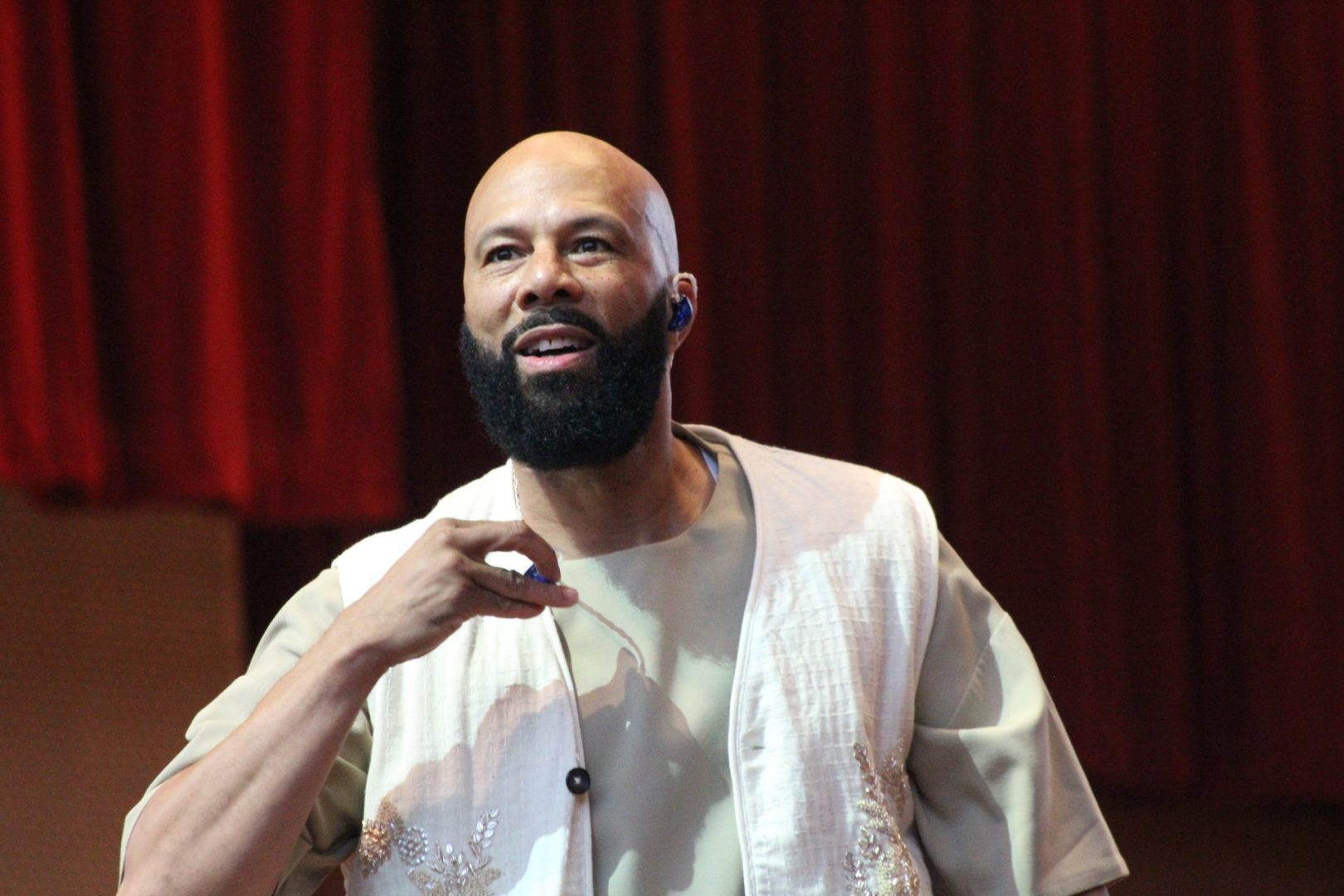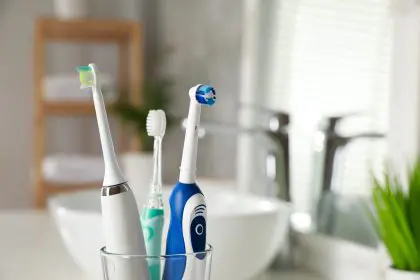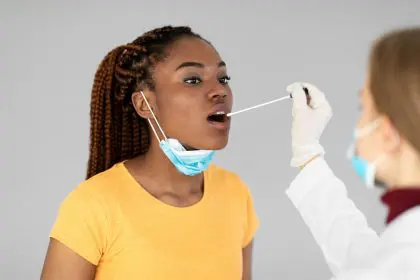In a recent interview with ESSENCE, Oscar-winning rapper Common discussed his collaboration with Listerine to address the significant lack of diversity in the dental profession. With only 3.8 percent of dentists in the United States identifying as Black, Common emphasizes the importance of representation in health care, particularly in dentistry, where patients often feel more comfortable with practitioners who share their backgrounds.
But the story of Black people in dentistry goes beyond just representation today — it’s rooted in a history of perseverance and trailblazing contributions.
The history of Black dentists in America
Black dentists have long played a critical role in advancing oral health, often facing systemic racism while striving to provide care for underserved communities. Dr. Robert Tanner Freeman, the first Black graduate of Harvard Dental School in 1869, is a shining example of this legacy. Despite the barriers, Black dentists have historically been instrumental in advocating for health equity and expanding access to dental care in marginalized communities.
HBCUs, or historically Black colleges and universities, continue to train Black dental professionals, with two schools — Howard University and Meharry Medical College — offering a doctoral degree in dentistry. Organizations like the National Dental Association, or NDA, — founded in 1913 as an alternative to the then-segregated American Dental Association, have supported the development of Black dentists and worked to combat health disparities.
Today, although progress has been made, there is still a stark underrepresentation of Black dentists, contributing to ongoing inequities in oral health care access.
The importance of representation in dentistry
According to CareQuest, Black adults are 68 percent more likely to experience poor oral health compared to their white counterparts and 57 percent of Black adults have lost one or more permanent teeth due to decay or gum disease. These disparities are further complicated by socioeconomic factors and the limited number of Black dental professionals.
Common believes that seeing a dentist who looks like the patient can significantly reduce anxiety and discomfort associated with dental visits, according to the ESSENCE interview, The presence of more Black dentists fosters trust, cultural understanding and better communication, which can lead to improved health outcomes. This initiative aims to create more opportunities for Black dentists, addressing not only representation but also oral health disparities in the Black community.
Common’s collaboration with Listerine: A push for diversity
Per ESSENCE, Common has teamed up with Listerine for the second installment of The Whoa Collection, featuring vibrant bottle designs by artists Frank Morrison and Hebru Brantley. The limited-edition bottles, available at Target, aim to raise awareness about the need for diversity in dentistry. Listerine is donating $150,000 to the Increasing Diversity in Dentistry Pipeline Program, which supports minority pre-dental students through scholarships and resources.
This partnership is crucial, as pipeline programs are one of the most effective ways to ensure that more Black students have the opportunity to enter the dental profession, combatting the historic barriers that have limited access.
Music as a platform for change
To further promote this cause, Common released a new track titled “The Art of Freshness.” Through his music, Common uses his platform to emphasize the importance of representation in various fields, including dentistry. The track explores themes of freshness, self-identity and wellness, echoing the idea that oral health is an integral part of overall well-being.
Oral health and wellness in the Black community
Common shared with ESSENCE that his journey with wellness is holistic, encompassing physical, emotional and mental health. He stresses that oral health should not be an afterthought — it’s a crucial component of self-care. Oral diseases like gum disease and cavities are prevalent in the Black community, where access to routine dental care is often limited due to socioeconomic factors and health inequities. By bringing attention to oral health, Common hopes to encourage people to see dental care as an essential part of their overall wellness journey.
5 tips for better oral health
- Brush twice a day – Make sure to brush your teeth twice daily for at least two minutes. Use fluoride toothpaste to help protect against cavities and tooth decay.
- Floss daily – Regular flossing helps to remove food particles and plaque from areas that your toothbrush can’t reach, preventing gum disease.
- Limit sugary foods and drinks – Sugary foods and beverages feed harmful bacteria that cause tooth decay. Try to minimize consumption and opt for healthier options.
- Visit the dentist regularly – Despite barriers, it’s important to see a dentist at least once a year for a professional cleaning and checkup. Preventive care can help detect issues early before they become more serious.
- Use mouthwash – Incorporating mouthwash into your routine can help reduce plaque, fight bacteria, and freshen your breath, contributing to overall oral hygiene.
A call for change: Building a more inclusive dental field
Common’s collaboration with Listerine — coupled with his efforts to increase diversity in dentistry — highlights the urgent need for more Black professionals in this space. By raising awareness and supporting initiatives that promote inclusion, we can build a health care system where everyone feels seen, valued and understood.
This movement is not just about improving dental care; it’s about fostering a healthier and more equitable society. Together, we can work toward a future where access to health care — including dental care — is available to all.












